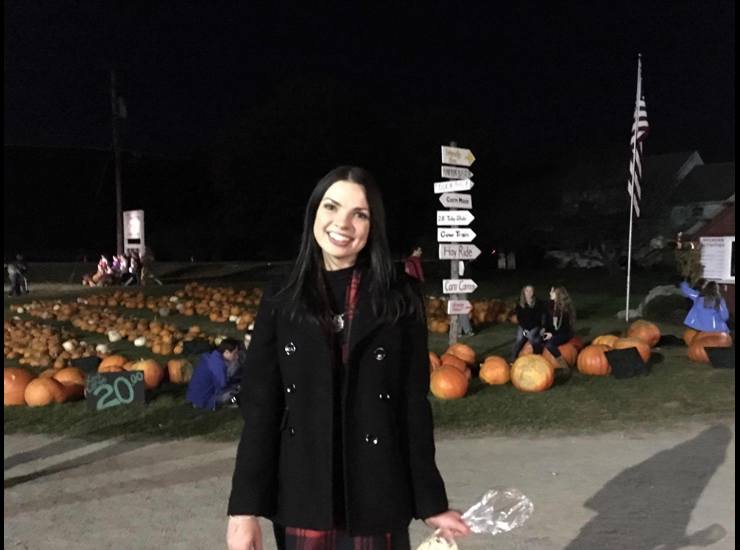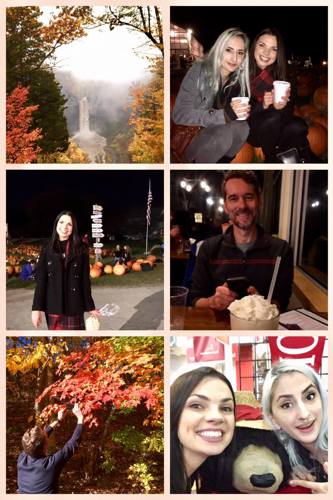
As one of the lucky recipients of the LuCiD Travel Award, I was able to spend October at Cornell University, US, working as part of Prof Morten Christiansen’s Cognitive Neuroscience Laboratory (CNL).
The primary aim of this visit was for Morten and I to develop ideas for future research by building on our previous work on statistical learning - particularly our investigation into the way that highly frequent words help speech segmentation and grammatical categorisation. This research visit provided the perfect opportunity for this collaboration (not least because Morten is a world-leading expert in language acquisition!), and we were able to design a number of really exciting studies that examine language learning in infants and adults using implicit statistical learning paradigms. We also ran some preliminary corpus analysis using the CHILDES database which has informed one of our upcoming projects, and we laid some really strong foundations for an investigation into learners’ ability to process grammar, which we are super excited about!

During my stay at Cornell, I got to learn about the incredible work being conducted by the members of Morten’s CNL team, including PhD researchers Erin Isbilen and Ethan Jost. Erin and Ethan are using statistical learning paradigms to explore some really exciting aspects of statistical language learning, and I gained a lot from being a part of their team (including an appreciation for terrible puns and double stuffed Oreos). Although I’d researched implicit statistical learning before embarking on this visit, CNL uses lots of different methods to those I’ve used previously, so I was keen to gain some new skills that could benefit my future work. I was especially pleased to learn more about the speech production task that Erin is using and Ethan’s ERP paradigm, as these are both really neat ways of testing implicit language learning implicitly – which is very important! I’m looking forward to thinking creatively about which tasks to include when I plan my future studies, and if I get to work with these two incredibly talented researchers again in the process then I’d consider it a huge bonus.
In addition to working with Morten on our projects and integrating myself into his lab, I was able to get involved in a range of things in the department - including presenting a talk at the Perception Cognition and Development lunch, which generated lots of discussion about our infant and adult work on high frequency marker words. I also attended a great colloquium by Dima Amso (Brown University), and I got to spend good amount of time discussing research with Stanka Fitneva (Queen’s University) which was really fascinating, and gave me lots to think about.
Since the visit, Morten and I have written and submitted a proposal for an Early Career Researcher Grant (together with Patrick Rebuschat, Lancaster University, Department of linguistics) to explore one of the strands of research that we discussed during my time in Cornell. I’ve also completed some adult testing to complement our existing project on high-frequency marker words, and am currently running one the follow-up studies to this that we planned during my stay. Watch this space for more blog posts as our projects unfold!
I’m really grateful to LuCiD for facilitating this trip through their generous Travel Grant scheme, and would strongly recommend it to would-be applicants. My experience at Cornell was invaluable - both to me as a researcher, and to my research. So, thank you! Thanks too to my wonderful hosts Erin Isbilen, Katerina Faust and David Faust, who showed me the sights and made me feel so welcome, and huge thanks to Morten who, as ever, was incredibly generous with his time and ideas. We did a lot of hard work, but I had the absolute best time – my only regret is that I didn’t stay for longer!

